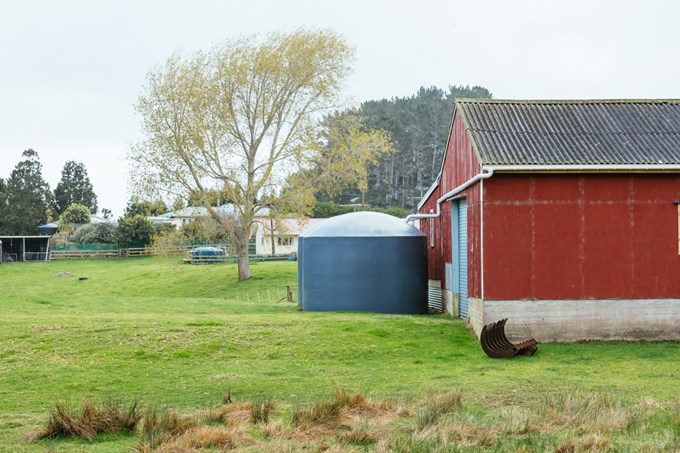What does it mean for rural Aucklanders and their water supply?
It means we can expect stronger or more frequent winds from the west which will encourage dryness in eastern areas and more rain in the west with periods of unseasonable warmth followed by sharp cold southerlies.
While it’s looking like it’s going to be a hotter than normal summer and that’s great news for holidaymakers and beachgoers, it’s not so good for rural Aucklanders who don’t have access to mains water supply.
Auckland Council’s General Manager Healthy Waters Craig Mcilroy says if there were lessons to be learnt from the 2019-2020 drought, it’s the need for rural communities to be prepared.
“As the summer rolls around, it’s a timely reminder for rural residents to think about their water supplies.
“If you’re reliant on rainwater tanks for your drinking water, check the tank levels regularly, use water wisely and book a delivery early.
“Forward planning is key to avoiding the experience of 2019-20, so it’s important to keep your “eye on the ball” adds Mcilroy.
Facing the prospect of another dry summer Auckland Council has established 26 permanent community water sites around rural Auckland to help mitigate the situation and assist with future drought management should it arise.
These bollards (water refill stations) provide a back-up drinking water supply where, during water shortages, residents can collect 20 litres of water per person per day. They are available as normal drinking fountains all year-round.
Auckland Council has a network of 78 rain gauges across the region which are monitored for rainfall levels. Automatic alerts for low rainfall notify the operations team to set up the bollards for bulk bottle filling with all the sites meeting current drinking water standards.
Find your closest community water bollard here:
Steps to take now before you run out of water:
• check your water tank levels regularly
• monitor your water usage and make lifestyle changes - shorter showers
• consider the needs of livestock if they are using your rain tank supply
• find out the local water supplier, in case you need a top-up over the holidays
• plan and book water refill deliveries early
• ensure tanks are well maintained and roof guttering is free of debris
• install water-saving devices in showerheads and taps
• consider investing in extra tank capacity.


